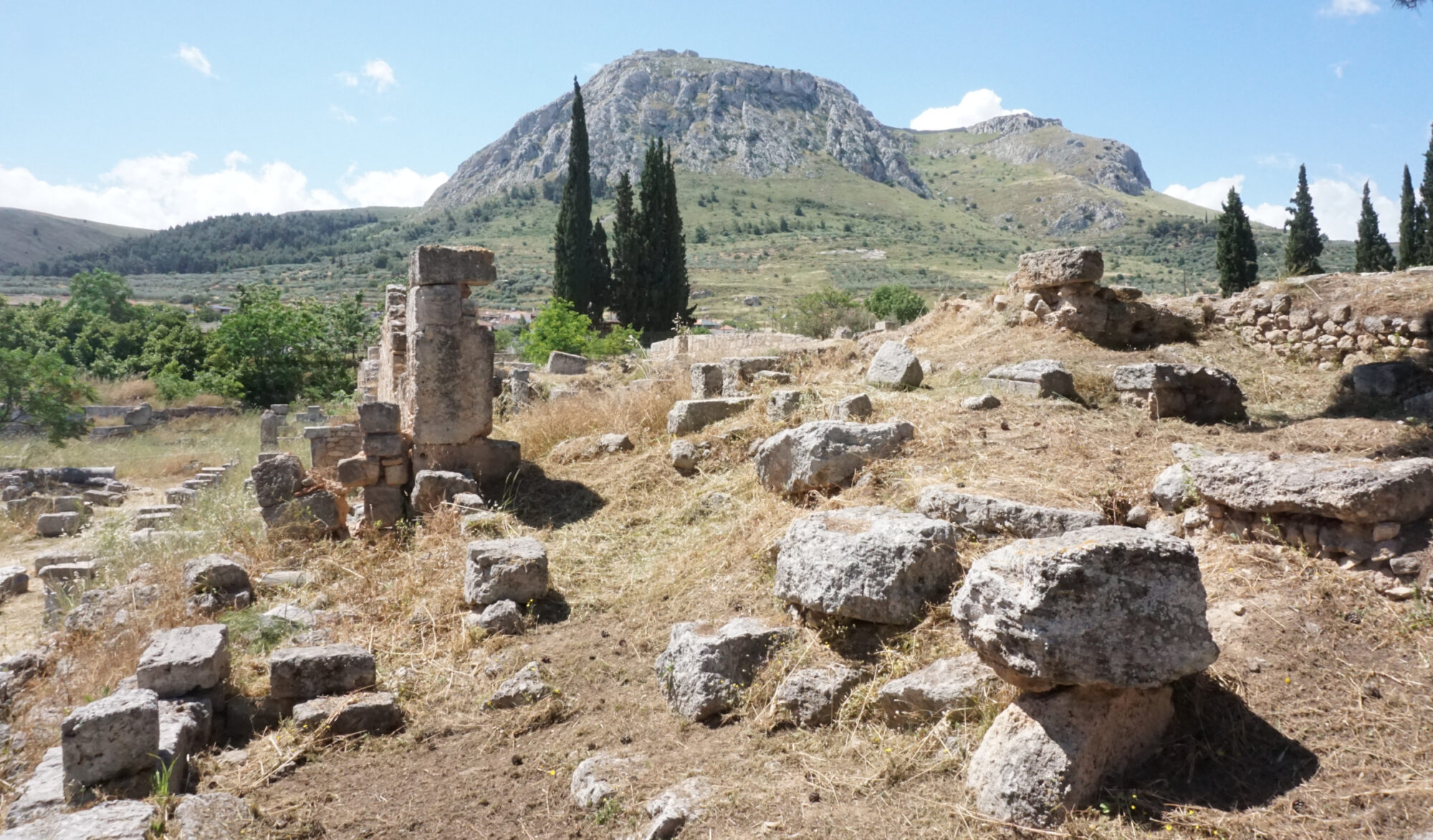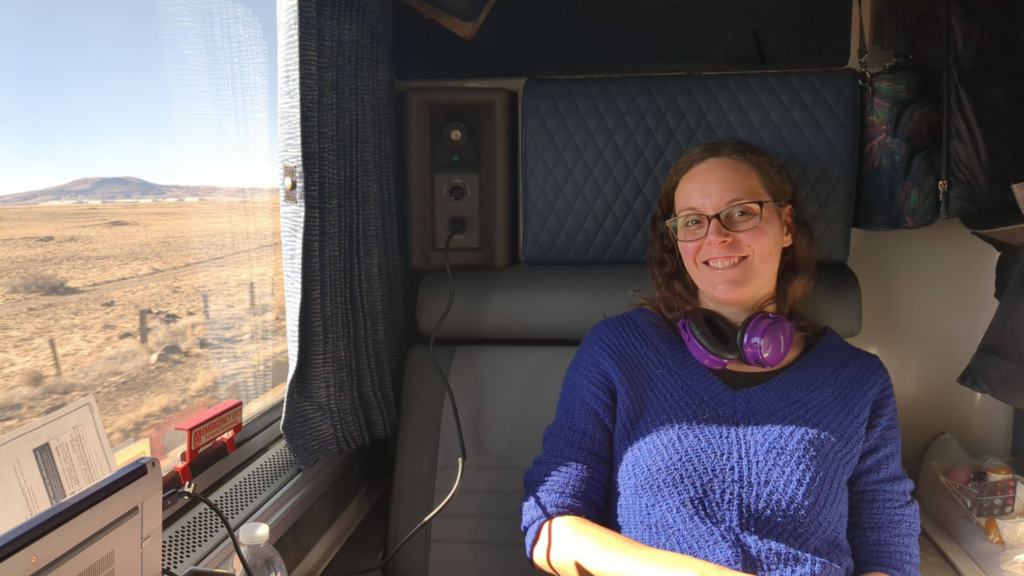
Hurt, such a small word for such a big emotion. Hurt comes in many shapes and forms, from a harsh but true critique of our writing from a trusted friend, to feeling like a failure when we receive yet another rejection.
Hurt, however, drives our spirit toward God. When we share our cry to the Lord in our writing and, more important, God’s healing result, other people receive a truth about God. Indeed, our proclamation of God’s truth makes others aware of God’s power to heal hurt, driving them toward the Healer.
So let’s share our truth, our cry to God, remembering he can bring our words to life for others.
1 Kings 17:21 (ESV)—Then he stretched himself upon the child three times and cried to the Lord, “O Lord my God, let this child's life[a] come into him again.”
1 Kings 17:24 (ESV)—And the woman said to Elijah, “Now I know that you are a man of God, and that the word of the Lord in your mouth is truth.”








